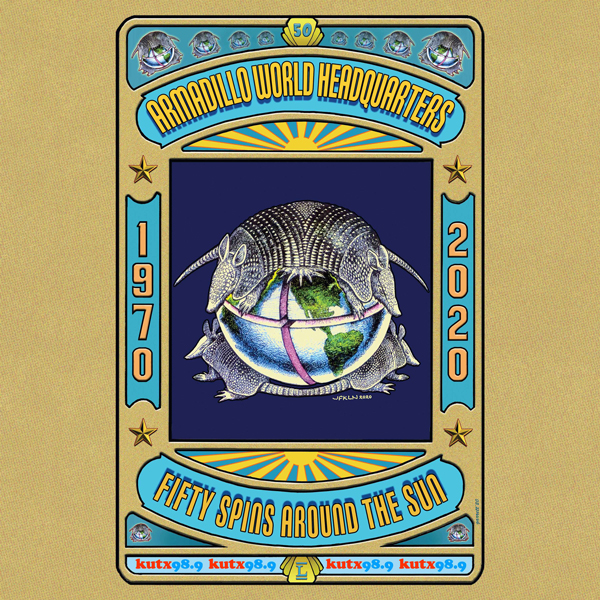On this week’s In Black America, producer and host John L. Hanson, Jr. presents a 1982 interview with the late Shirley A. Chisholm, a former Congresswoman from New York’s 12 Congressional District who in 1968 became the first African American woman elected to Congress, and, in 1972, the first major-party African American candidate for President of the United States.
December 31, 2023





